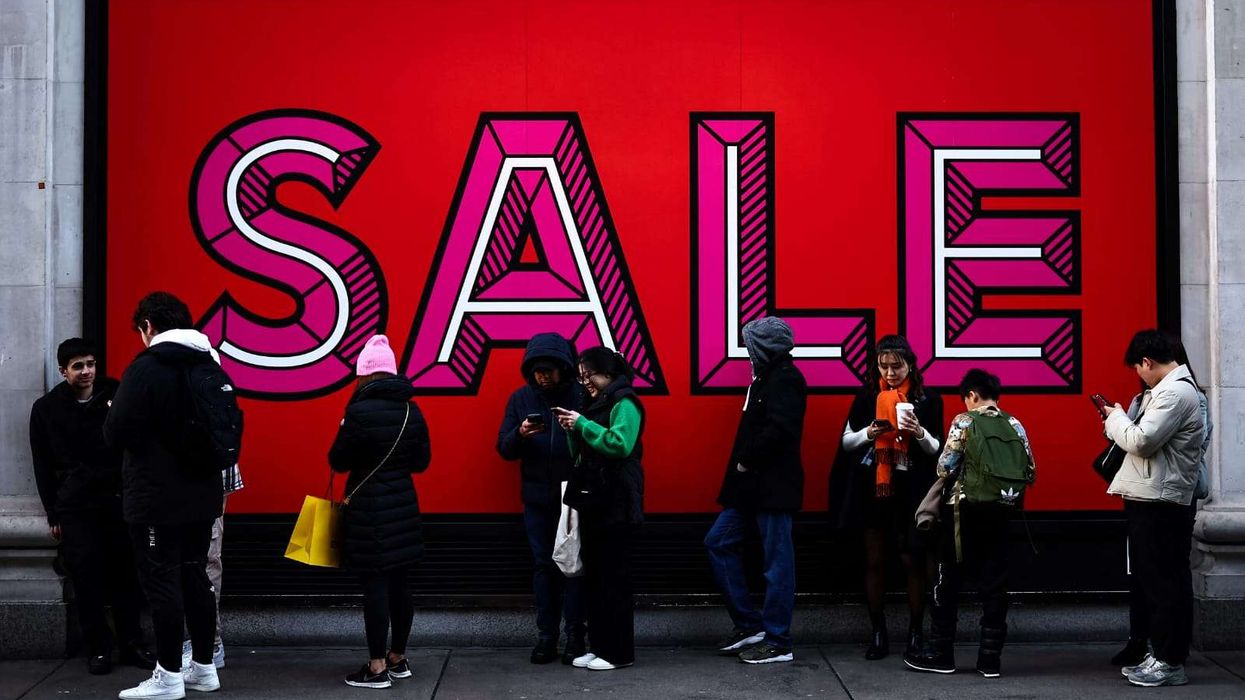THE Hon Mrs Justice Cheema-Grubb is well aware of the encouraging impact of seeing someone who looks like you in a powerful job.
This conscientious approach is particularly reflected in her work, both inside and outside of the court, since 2015 when she made history by being the first Asian woman to be appointed a UK high court judge.
While she may see the elevation as part of a tide lifting many women into the high court judiciary, the barriers Dame Bobbie CheemaGrubb broke throughout her career tell a story of determination, formed by lived experiences of a daughter of Indian Sikh Punjabi parents who came to the UK in the 1960s.
Growing up in Yorkshire where her father did manual work and mother was a seamstress, she would accompany her parents, who couldn’t speak English well, to meetings with the council or employers to translate.
She would later write about the stereotyping she felt at those meetings, which would dawn in a sense of justice, and injustice, in the young Bobbie.
Her volunteering at a law centre in Leeds during her teens would show her a practical, flexible and creative way of finding solutions.
She studied law at King’s College London and chose a career as a criminal law barrister.
She was called to the Bar in 1989, and worked at 2 Hare Court, specialising in prosecuting and defending cases related to business crime, homicide, and terrorism.
She has earned plaudits from the legal fraternity and attracted media attention with high-profile cases, including the successful prosecutions of retired Church of England Bishop Peter Ball for sexual abuse, and of barrister and recorder Constance Briscoe for perverting the course of justice.
Her chamber would write: “Her well-deserved reputation for hard work and an astute tactical sense make her, for many, the first choice for the most serious criminal trials and quasi-criminal public law work.”
As she progressed, she could notice that there were not many who looked like her. And she had to face prejudices on account of that.
When she was a junior barrister, a man would tell her he didn’t want her to represent him. She was fearless, and in the end, represented him. “What’s carried many of us who are a bit different through the justice system is the idea that justice is not justice if it’s limited to certain types of people,” she later wrote.
The year 2006 saw her breaking a glass ceiling for the first time by becoming the first Asian woman to be appointed a junior treasury counsel. Based at the Central Criminal Court, the treasury counsels are instructed to prosecute the most serious and high-profile cases. She subsequently became the third woman ever to become a senior treasury counsel in 2011 and was authorised to sit as a deputy high court judge. She was appointed a recorder in 2007 and took Silk in 2013. She was made a Dame in 2016, after her appointment to the high court.
A judge of the Queen’s Bench Division, she believes in speaking powerful words through the judgments, and counts it as a responsibility. She was the presiding judge in the Finsbury Park terrorist attack case, and while delivering the judgment, she remarked: “We must respond to evil with good,” highlighting the intervention of the imam who prevented the crowd from attacking the perpetrator, to let justice take its course. “His response should be everyone’s response,” she implored all citizens.
Other high-profile cases that she adjudicated include that of disgraced former Labour MP Fiona Onasanya and domestic violence victim Sally Challen.
Dame Bobbie is also actively involved in the administrative side of the judiciary. She is responsible for magistrates’ training and acts as an induction and mentor-judge for new high court judges. In January 2019, she became a presiding judge responsible for the deployment, discipline and well-being of all criminal judges and magistrates on the south-eastern circuit.
As the Covid-19 pandemic hit the country, she was appointed as one of the temporary judicial commissioners, who ensure that the necessary authorisation and oversight of the use of investigatory powers by intelligence agencies, police and other public bodies is maintained.
Outside the court, she takes special interest in promoting women who work in the criminal justice sector. She was instrumental in designing the mentoring scheme run by Women in Criminal Law. Dame Bobbie lives in London with her husband, Russell, an artist. They have three children.






